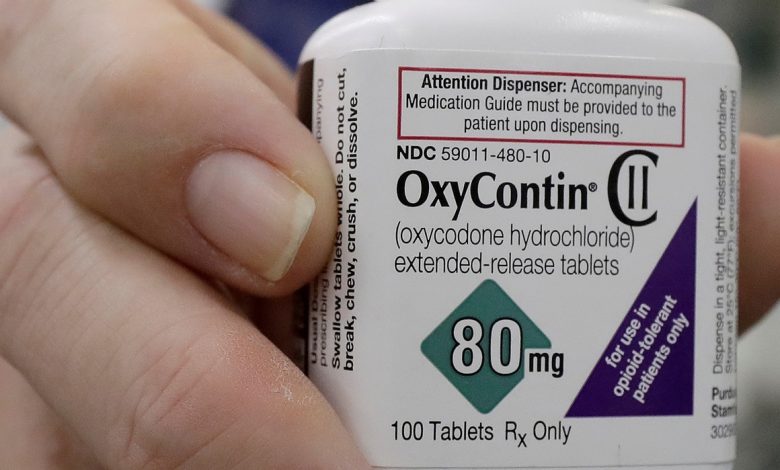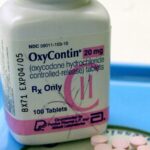How OxyContin Marketing Still Claims Lives After 25 Years – Study

The aggressive marketing of OxyContin in the mid-1990s had far-reaching and unintended consequences, according to a new analysis. This marketing not only contributed to the opioid crisis, but it also played a role in the spread of infectious diseases associated with injection drug use. The study’s findings shed light on the long-term impacts of OxyContin marketing on public health.
The significant increase in rates of infectious diseases, such as hepatitis and infective endocarditis, became more pronounced after 2010, when Purdue Pharma, the maker of OxyContin, reformulated the drug to make it more difficult to crush and snort. This change led many individuals who were already addicted to OxyContin to transition to injecting substances like heroin or fentanyl, thereby exacerbating the spread of infectious diseases.
The study, conducted by researchers Julia Dennett, PhD, and Gregg Gonsalves, PhD, from Yale University School of Public Health, examined the lasting effects of OxyContin marketing on the outcomes of injection drug use. Using a difference-in-difference analysis, the researchers compared states with high exposure to OxyContin marketing to those with low exposure before and after the 2010 reformulation.
Prior to 2010, infection rates and overdose deaths related to injection drug use were similar in both high- and low-marketing states. However, after the reformulation, a divergence in these rates was observed. States with higher exposure to OxyContin marketing saw a greater increase in infections linked to injection drug use.
From 2010 to 2020, states with high OxyContin exposure experienced an average increase of 0.85 acute hepatitis B cases, 0.83 hepatitis C cases, and 0.62 cases of death from infective endocarditis per 100,000 residents. Additionally, these states had 5.3 more deaths per 100,000 residents due to synthetic opioid overdoses.
The study’s authors emphasize that the opioid epidemic is contributing to a broader public health crisis, with the surge in infectious diseases like hepatitis, infective endocarditis, and HIV being a direct consequence. They call for concerted efforts to address the spread of viral and bacterial infections, as well as overdose incidents associated with injection drug use, not only in states exposed to Purdue Pharma’s marketing but also across the entire United States.
While the study highlights the enduring impact of OxyContin marketing on public health, the researchers also attempted to gather Purdue Pharma’s perspective on the matter. However, as of the time of the study’s publication, the company had not provided a response.
This study underscores the intricate and far-reaching repercussions of aggressive pharmaceutical marketing practices. It draws attention to the lasting effects of OxyContin marketing on the opioid crisis and the subsequent spread of infectious diseases through injection drug use. This research serves as a call to action for comprehensive strategies to tackle these intertwined public health challenges.





